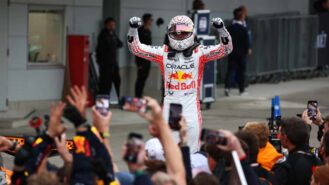
F1 snore-fest shows new cars badly needed: Up/Down Japanese GP
The 2025 Japanese GP showed a much more extreme change than next year's technical regulations is needed to make racing at classic F1 tracks interesting
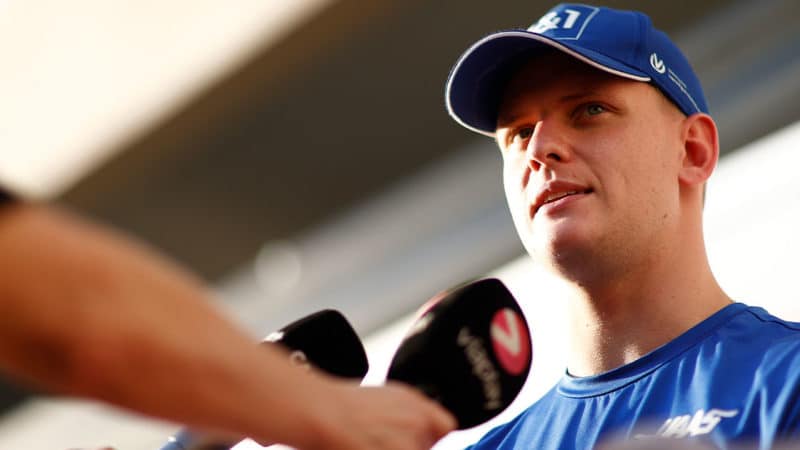
Schumacher has found himself out in the F1 cold – but have his performances merited being dropped?
Haas
Mick Schumacher, once a rising star tipped to be headed straight to the Ferrari, has now been let go by Haas and – for the time being – dumped out of F1.
It must be a bitter pill to swallow for an F2 and F3 champion who has seemingly had all the goodwill of the motor sport world behind him, wanting him to emulate his seven-time world champion father Michael by conquering F1 also.
Haas has come to the conclusion though that the results just haven’t been there for Schumacher, and have therefore opted to replace a 23-year-old still with his whole career ahead of him to a 35-year-old veteran in the shape of Nico Hülkenberg.
Taking in this year’s results though, it’s quite apparent that Haas were wrong to drop Schumacher. While all the focus has been on the German not bringing in the points, it’s actually very easy to argue that it’s his team-mate Kevin Magnussen has been the one underperforming.
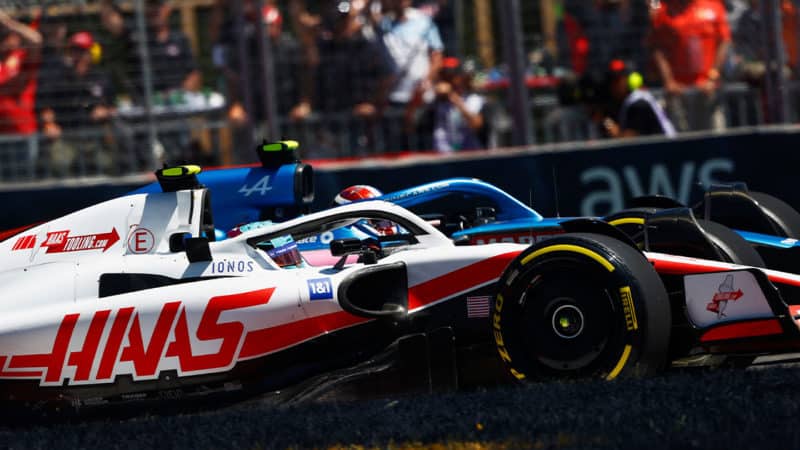
Schumacher has shown more promise than his points total reflects
Haas
Schumacher’s first season in 2021 is difficult to take into account considering just how poor his Haas car was and the competition from his lacklustre team-mate Nikita Mazepin.
Head-to-head the German beat comprehensively trounced the rich kid Russian, out-qualifying him 20-2 and finishing ahead in 15 of the 22 GPs.
Coming up against the quick and experienced Kevin Magnussen for 2022 though, with a car capable of fighting for points, this season was the real test to see whether Schumacher was made of the right stuff for F1.
On first glance, it would appear that the German has fallen well short of Magnussen in his bid to establish himself as a decent challenger for Haas, never mind an F1 force to be feared by the rest of the grid.
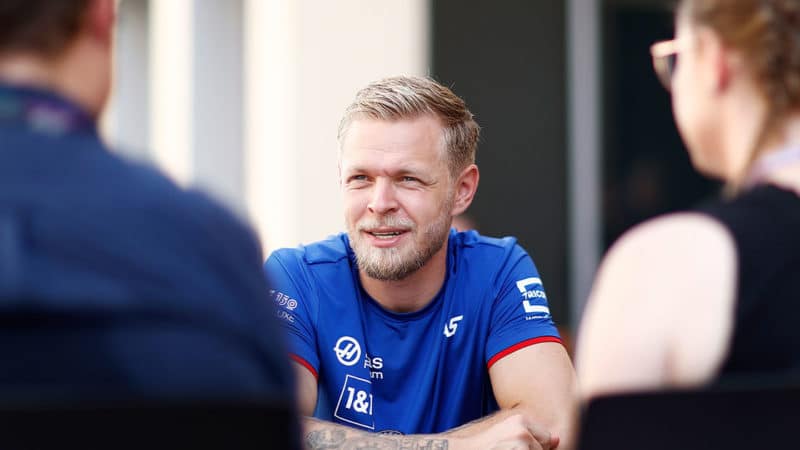
Magnussen could have argued to have underperformed this year
Haas
Whilst Magnussen has got the maximum pace-wise out of the VF-22 on a regular basis, frequently getting the car into Q3, Schumacher has bobbed in between Q2 and Q1, seeming to struggle for consistent speed in what has been an ultra-competitive year in F1 – every team has scored points.
Looking at what both Schumacher and Magnussen have actually delivered for Haas though, it’s possible to ponder whether the German has actually been that bad, as well as wonder if the American team should have given him more time.
Magnussen has 25 points to Schumacher’s 12. One point more than double, yes, but with both totals being relatively small, it doesn’t mean all that much and isn’t actually a great deal more.
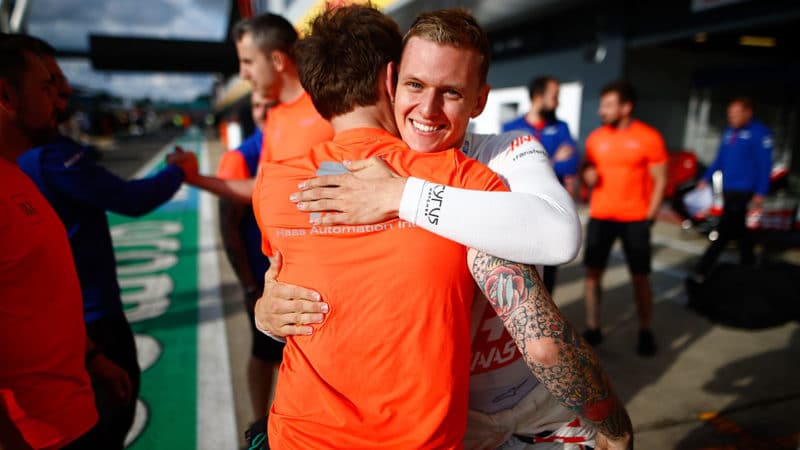
British GP brought first Schumacher points
Haas
Schumacher grabbed his entire points haul this season haul in two races:
There were other opportunities where Schumacher could have scored points but missed out for reasons beyond his control:
When the pace has been there for Schumacher, he has done reasonably well. If you minus the bad luck in Canada and the Netherlands, he could have easily have a similar points total as Magnussen.
Exploring this point further, it is possible to make the argument that the Dane has in fact been the one underperforming at Haas this year.
Whereas Schumacher has qualified in Q3 four times this season, Magnussen has made it into the final session nine times.
However, the team leader has squandered points from strong positions several times.
He needlessly connected with Lewis Hamilton at both Spain and Canada, damage seeing him fall down the order after fighting for a position he was very likely to lose to the Mercedes in a number of laps anyway, with a similar outcome after contact with Max Verstappen in Singapore also.
Though Magnussen took a brilliant and thoroughly deserved pole in Brazil, this season has very much a case of what could have been for Haas.
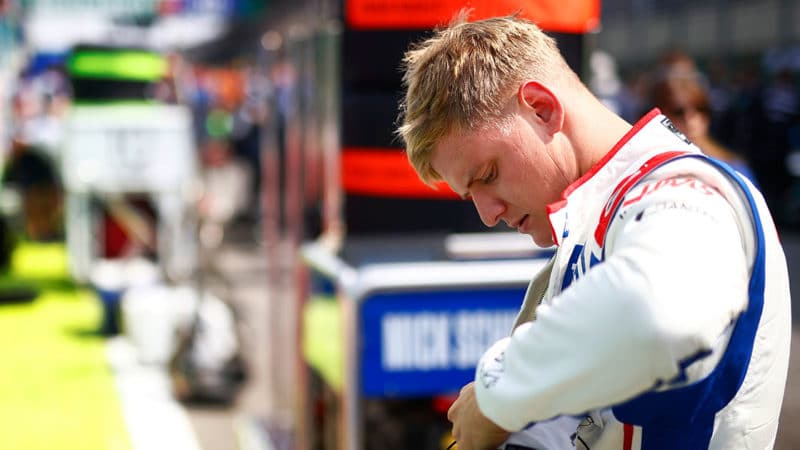
Schumacher has had a tough 2022 – but promise has been there
Haas
Its best car in years, capable of securing it well within the midfield pack, is likely to finish ninth in the championship, and its possible to argue Magnussen, the driver with far greater experience, is just as guilty of causing this just as much as Schumacher.
Furthermore, if you’re to consider the German has performed traditionally better in his second seasons in cars (producing reasonable results in his first season of F3 and F2 before winning the title the following year) and look on this – fairly kindly it has to be admitted – as almost his first year of F1, then given another season it’s likely the German could come good in 2023.
While it might appear Mick doesn’t quite have the lightning pace of his father, he certainly does share his ferocious work ethic.
If Haas allowed this to manifest itself by continuing with Schumacher, it’s likely they’d have a serious prospect on their hands for 2023.
Instead, they’re going with a 35-year-old with a much shorter lifespan left on his career.

The 2025 Japanese GP showed a much more extreme change than next year's technical regulations is needed to make racing at classic F1 tracks interesting
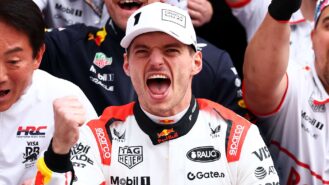
Is Verstappen could be F1 title favourite after his Japanese GP win; McLaren might already need to back one of its drivers; question marks over whether Red Bull made the right choice with Tsunoda. These are the main takeaways from Suzuka
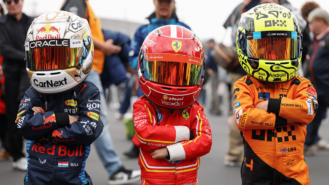
Take a look at some of the best F1 fan outfits from the 2025 Japanese Grand Prix – from replica race suits and helmets to homemade hats
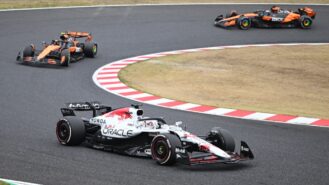
McLaren's dominance came to an end in Japan as Max Verstappen put on a masterclass to show the Woking team's seasons will not be the cakewalk some suspected. Here's how the world champion defeated his rivals